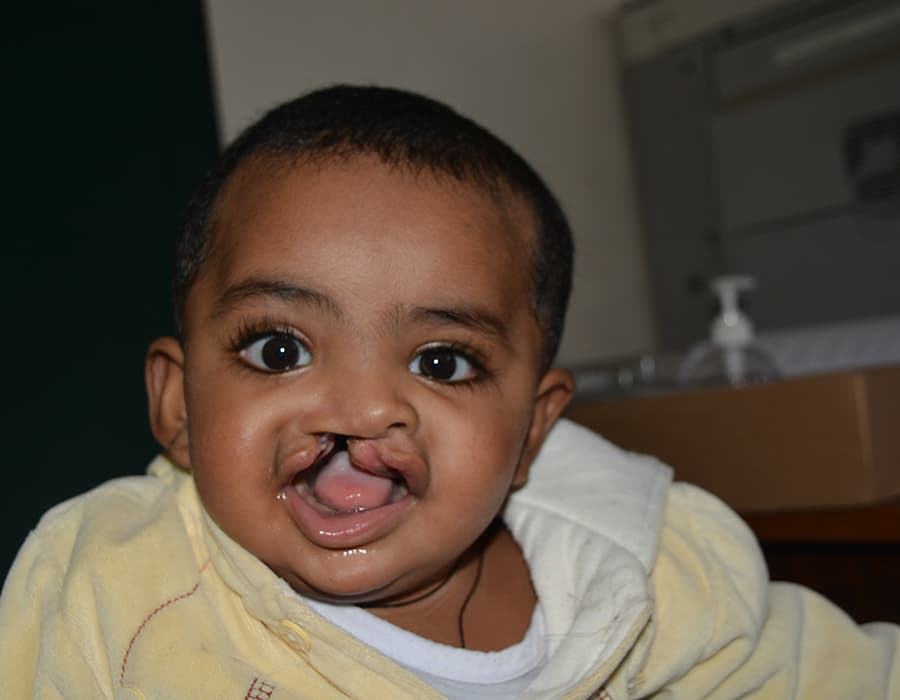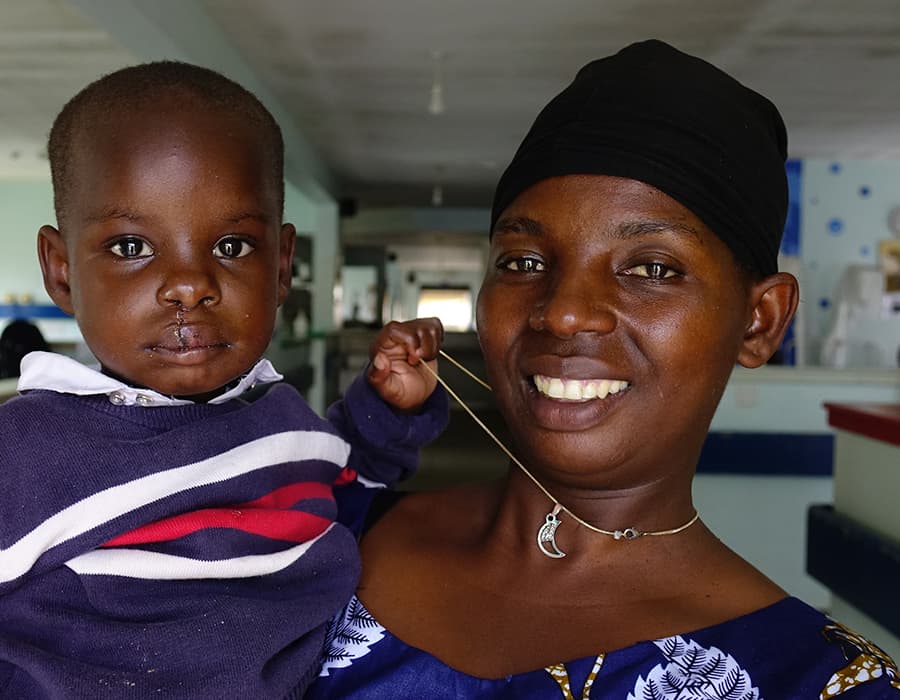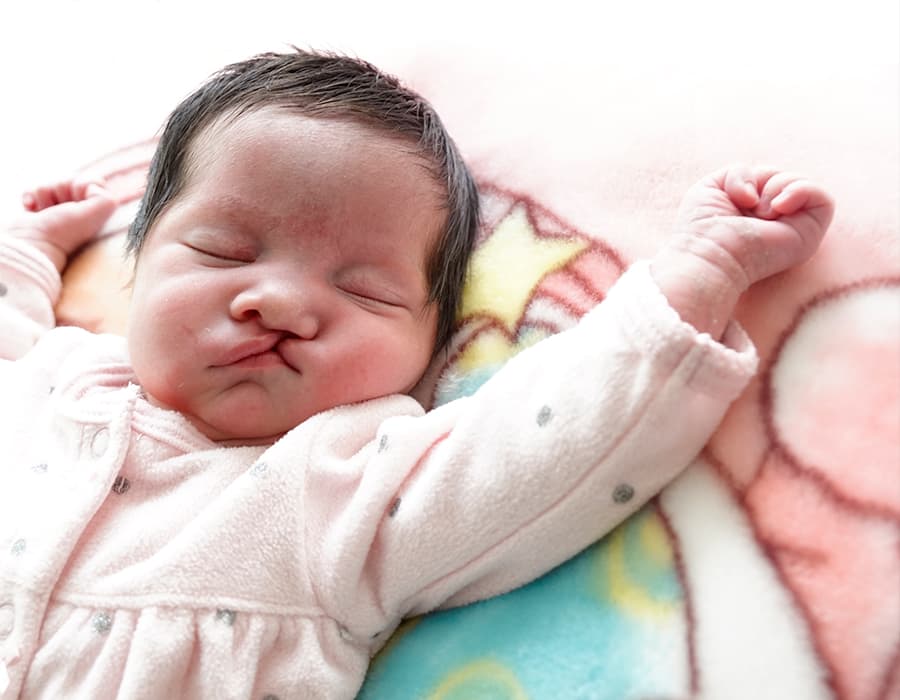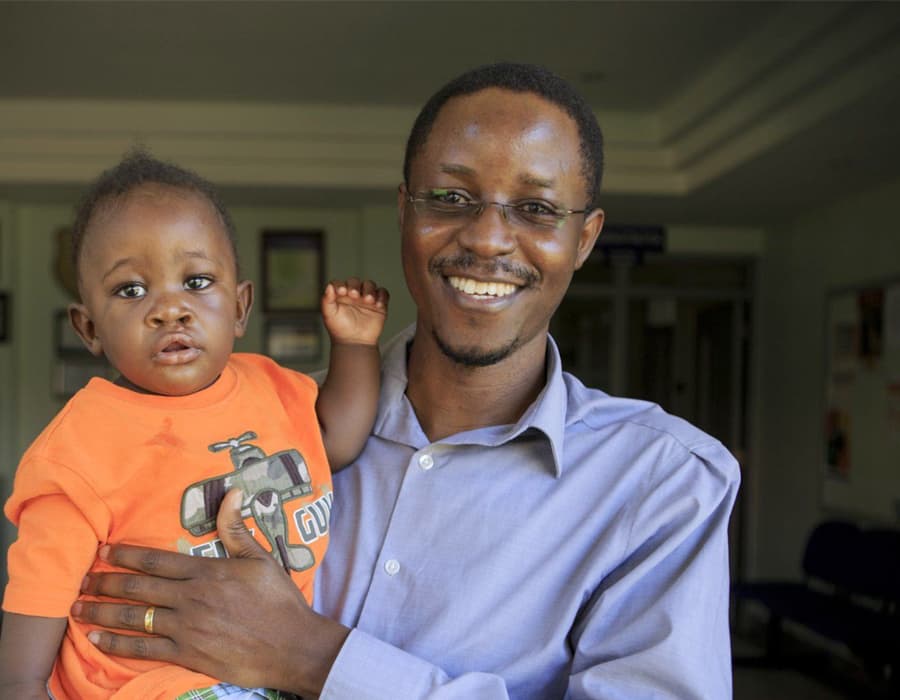Why is Comprehensive Cleft Care Important?
Without access to care, children affected by cleft may face unimaginable daily hardships from difficulty communicating clearly, to malnutrition, to bullying and social isolation. These challenges ripple well beyond the child to their families and communities.
Even in regions where awareness of cleft as a condition is high, many families believe surgery is the only treatment needed for full rehabilitation. However, for children to speak clearly, they often require speech therapy. For proper development of their teeth, dental and orthodontic care is required, and psychosocial support helps them navigate their difference in their community.
Comprehensive Cleft Care (CCC) is the treatment pathway that is most likely to be helpful, appropriately timed, and suitable for the child’s diagnosis and context. Access to this ongoing interdisciplinary care helps a child and their family achieve full rehabilitation, one step at a time.
By partnering locally we can make Comprehensive Cleft Care available to vulnerable families around the world, as close to home as possible, for as long as they need it.
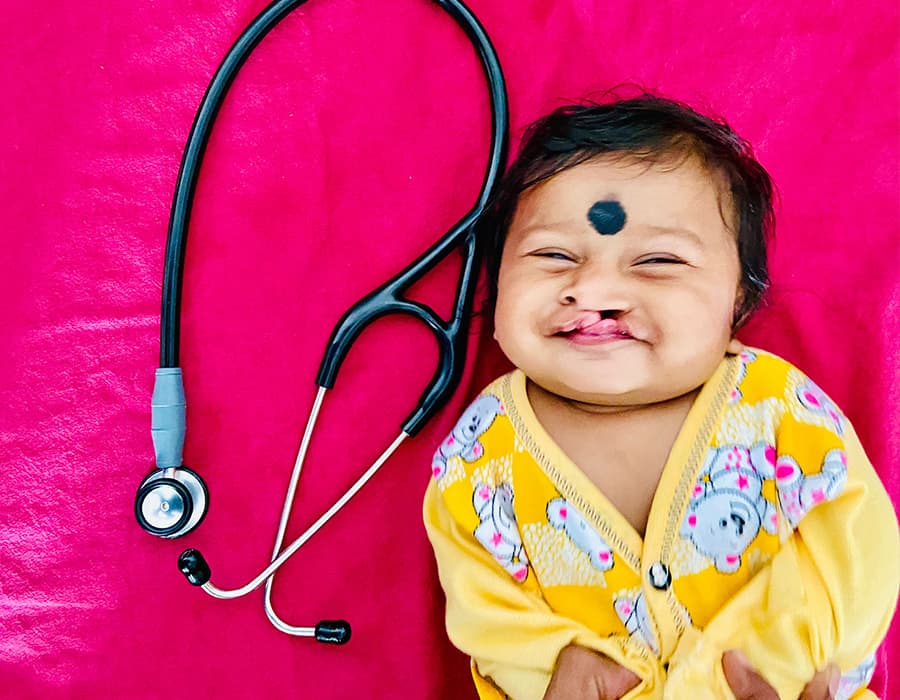
Obstacles Families Face
Stigma
Some families and communities see cleft as a curse or as a divine punishment.
Knowledge of Cleft
Many families do not have an understanding of cleft or where to turn for help.
Access to Care
Cleft care is normally concentrated in major cities far from the communities who need the support most.
Financial Resources
Many families struggle to make ends meet and are unable to afford costly, specialized treatment.
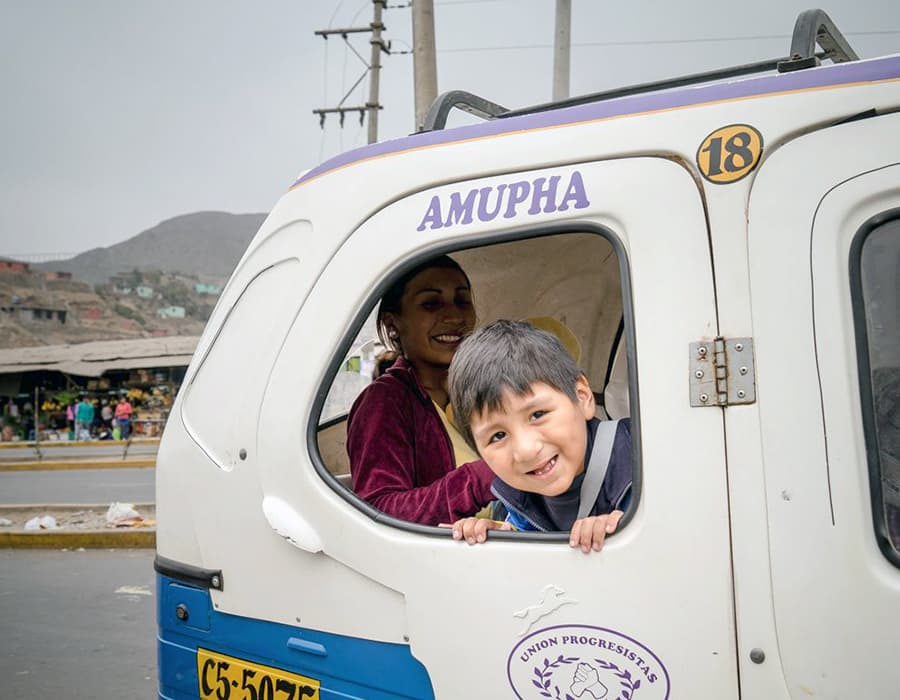
Curious About Our Shared Impact?
Through our annual Impact Reports, we celebrate regional successes, identify opportunities and barriers to care, and update you on how your donations drive impact. As a TF donor you’re contributing to Comprehensive Cleft Care and 100% of that gift goes toward our programs.
Impact at a Glance
Cleft treatments provided by our local partners since 1999
Families helped last year
The average yearly cost for one child’s comprehensive care
“I had never seen anyone with cleft before, so seeing my daughter's cleft lip and palate overwhelmed me.”
- Nurit, Ethiopia
